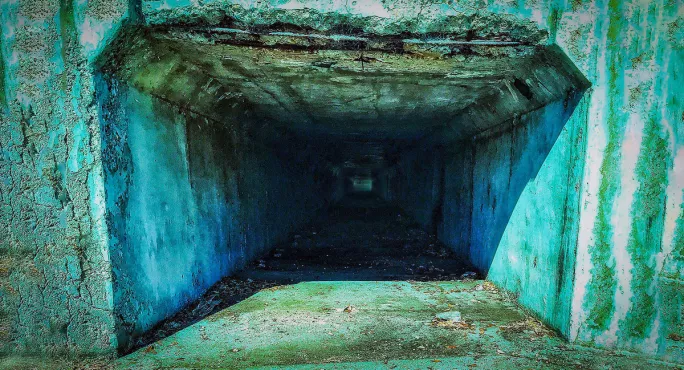‘No end in sight’ to RAAC saga, warns union leader

There is “no end in sight” to the reinforced autoclaved aerated concrete (RAAC) crisis, a union leader warned as the government confirmed 43 more schools affected by the potentially dangerous concrete.
Paul Whiteman, general secretary of the NAHT school leaders’ union, said that there was “no clear timeline” on when RAAC will be removed from schools, despite ministers’ “promises” of funding.
The Department for Education today released a list of 43 schools confirmed to have RAAC in their buildings, bringing the number of settings affected to 214, with more affected schools emerging even as the new list is published.
The union Unison reported that St Thomas à Becket Catholic Secondary School in Wakefield had been identified with RAAC and is temporarily closing this week before moving to online learning.
It was not included on the government list, which runs up until 16 October. The school has not yet confirmed the reports.
- Latest figures: 214 schools now confirmed by DfE to have RAAC concrete
- Exams: Ministers promise to discuss RAAC exam disruption fears
- School funding: SEND cash ‘must not be cut for RAAC’
Of the ongoing situation, Mr Whiteman said: “While ministers have made promises over funding and support for schools, there is no clear timeline for when that work will be completed and there appears to be no end in sight to this crisis.”
In response to the latest figures, Bridget Phillipson MP, Labour’s shadow education secretary, said that the “shambles” is “no surprise to parents” as the government publishes its fortnightly update on RAAC - two weeks late.
Ms Phillipson said: “The defining image of 13 years of Conservative government is children cowering under steel props to stop the roof falling in.”
Of the schools on the updated list, 12 are still providing a mix of face-to-face and remote learning - including Stepney All Saints Church of England Secondary School in East London, which was closed abruptly before moving to full remote learning in September.
Lack of answers
Also commenting on the response, Daniel Kebede, general secretary of the NEU teaching union, said that “we are nowhere near the conclusion of this saga”.
The reluctance of the DfE to publish on time “speaks volumes”, Mr Kebede said.
He added: “There is a failure at the heart of government to take seriously the various crises facing education.”
Mr Kebede also said that he is “deeply concerned” that the urgent questions the NEU and six other unions asked at the beginning of September are yet to be answered.
The government announced funding for longer-term refurbishment and rebuilding projects to address the presence of RAAC in schools, but has not provided a date when these will be completed.
Funding clarity needed
A spokesperson for the Local Government Association, which represents councils in England and Wales, also said that they are waiting for clarity from the government on funding.
They said councils had a “duty” to support non-maintained schools impacted by RAAC, such as academies.
The spokesperson added: “This work supporting non-maintained schools has come from existing council budgets and it is important they now have clarity from the government about whether these costs will be met.”
It comes after Baroness Barran, minister for the school system and student finance, promised to speak to schools minister Nick Gibb about disruption to exam students caused by RAAC.
In the latest update, education secretary Gillian Keegan said that the government was “working closely with responsible bodies to assess what the right solution is for each case”.
“I want to reassure pupils, parents and staff that this government is doing whatever it takes to support our schools and colleges in responding to RAAC and minimise disruption to education,” Ms Keegan said.
Both St Thomas à Becket Catholic Secondary School and DfE have been approached for further comment.
You need a Tes subscription to read this article
Subscribe now to read this article and get other subscriber-only content:
- Unlimited access to all Tes magazine content
- Exclusive subscriber-only stories
- Award-winning email newsletters
Already a subscriber? Log in
You need a subscription to read this article
Subscribe now to read this article and get other subscriber-only content, including:
- Unlimited access to all Tes magazine content
- Exclusive subscriber-only stories
- Award-winning email newsletters



